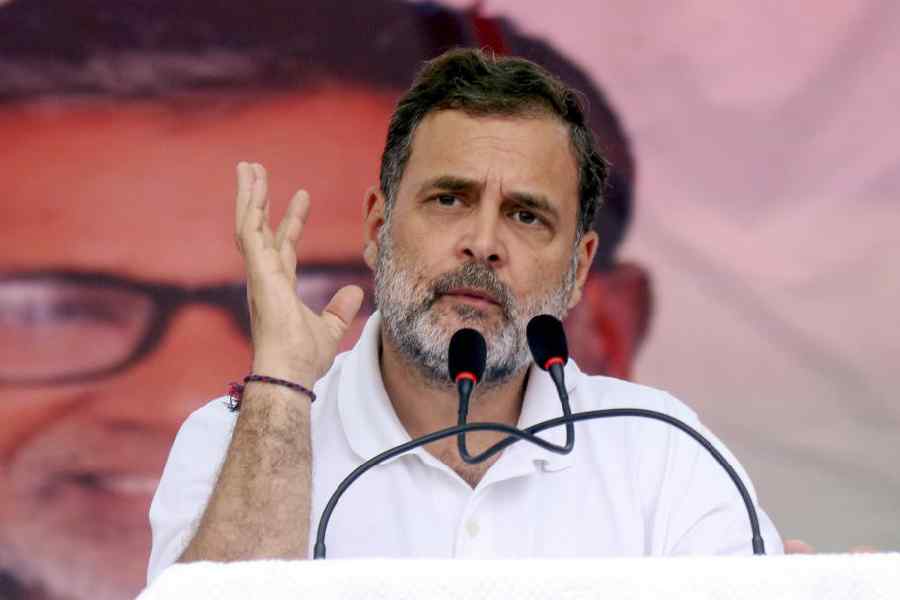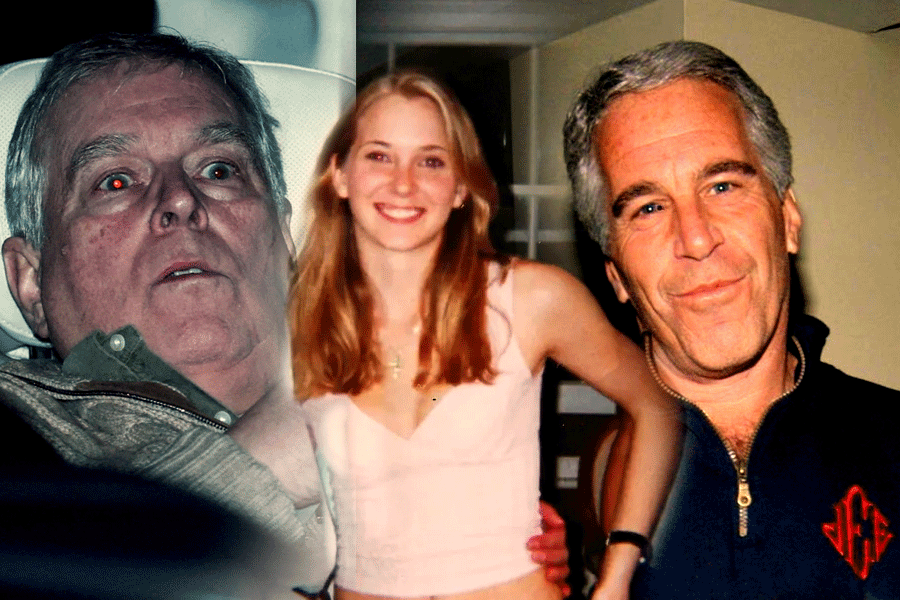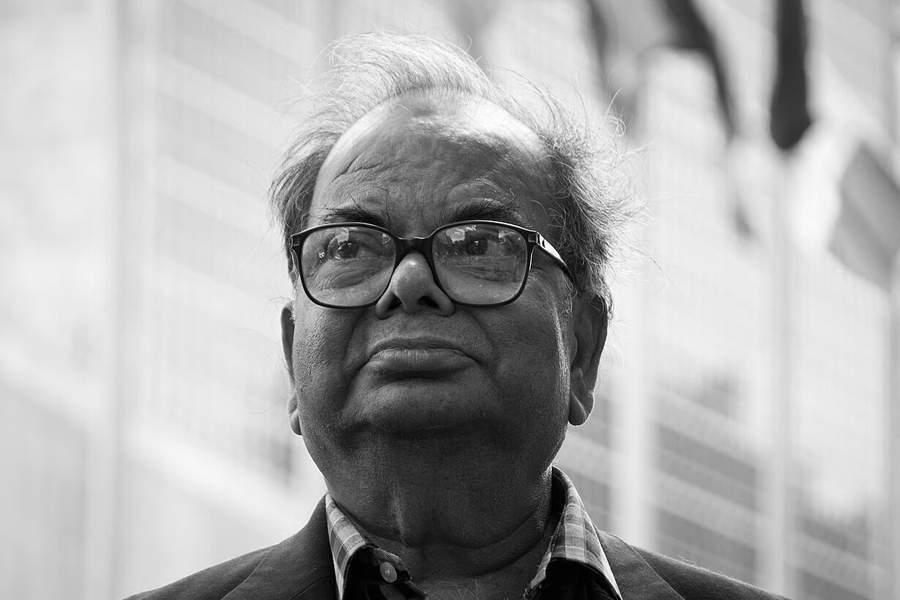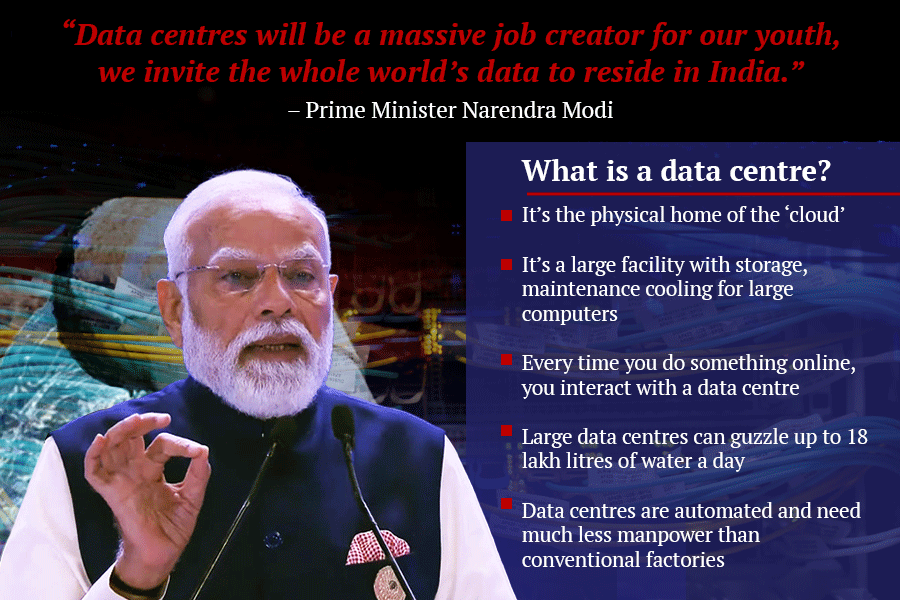 |
 |
| Gekko, played by Michael Douglas, in 2010 and in 1987(below) |
Cannes, May 14: Be afraid, be very afraid. As Wall Street’s Gabbar Singh says it himself: “Gordon Gekko is back.”
Back in 1987, Gekko, played by Michael Douglas in the movie Wall Street, ushered a whole generation of MBAs in the US, as in India, into the corporate world with a message that lit fires in the hearts of millions of ambitious young people across the globe: “Greed is good.”
Oliver Stone’s sequel for our times, Wall Street: Money Never Sleeps, set Cannes alight today.
Gekko is back after having served eight years in prison for insider trading.
Time passes thereafter. The year is 2008, the world’s economies are about to go into the biggest meltdown in living memory and Gekko appears at a book launch to promote the bestseller he has been audacious enough to write.
Predictably enough, it’s called Greed Is Good.
Looking at the expectant sea of faces, he begins in the style made memorable by Phoolan Devi in Bandit Queen: “You are all pretty much f***ed!”
He is referring to their financial status.
What follows is a lesson in the ABC of the global crisis that has turned the world upside down. Gekko says he is talking to the Ninja generation: “No income, no job, assetless.”
This is a film that is going to be lapped up by India’s laptop-carrying generation, catching early morning flights in Delhi, Mumbai, Calcutta, Bangalore, or any big city.
“The mother of all evil is speculation,” says Gekko, in one of many terrific one-liners in the movie.
Today, at the packed post-screening conference attended by hundreds of journalists from countries across the world — many affected by the global downturn — Douglas quoted his character in Wall Street: Money Never Sleeps: “The greed has not stopped. It became legal.”
In true Bollywood style, there is a slightly distracting love story woven into the film. Gekko is estranged from his daughter, Winnie (Carey Mulligan), who is engaged to a young Wall Street trader, Jake Moore (Shia LaBeouf), whose mentor, Louis Zabel (Frank Langella) throws himself in front of a New York subway train after the shares in his company nosedive from $79 to $3.
The trader responsible for deliberately engineering the collapse, Bretton James (Josh Brolin), is the villain of the movie, with Jake plotting with Gekko to get even with the man he holds responsible for the death of his mentor and father figure.
Along the way, we get several home truths from Gekko, who reverts to type just when the audience thinks he may have reformed in prison.
The reason is simple.
“Money is a bitch,” comments Gekko, “it never sleeps.”
Bud Fox, the young stockbroker mentored by Gekko in the original Wall Street, makes a cameo appearance in the sequel. Fox, played again by Charlie Sheen, has a brief exchange with Gekko at a charity fundraising dinner — the sequence produced a titter round the Grand Lumiere theatre today.
In a way, the sequel will be seen as an anti-US movie which questions the whole basis of the American dream — that anyone can get to the top given sufficient ambition. After all, this is the goal that has encouraged thousands of middle-class Indian families to send their offspring to business school in America.
“It seems that we got drunk,” reflected Stone. “In 1987, I thought it (the financial crisis) was going to correct itself, but it didn’t. It got worse.”
He added: “I am confused whether capitalism in its present form can work. It seems not — it seems extreme and unregulated.”
Stone also pointed out that, typically, 70 per cent of Goldman Sachs’ profits were not made on behalf of its clients but through its own financial dealings. The whole idea of financial institutions servicing their clients has disappeared. Forty per cent of America’s corporate profits come from the finance sector — not manufacturing — he noted.
He was unsure where the massive injection of funds to prop up America’s banking system will work. “The market had a major heart attack. It was a triple bypass. I think they put a stent in, but I am not sure they solv











